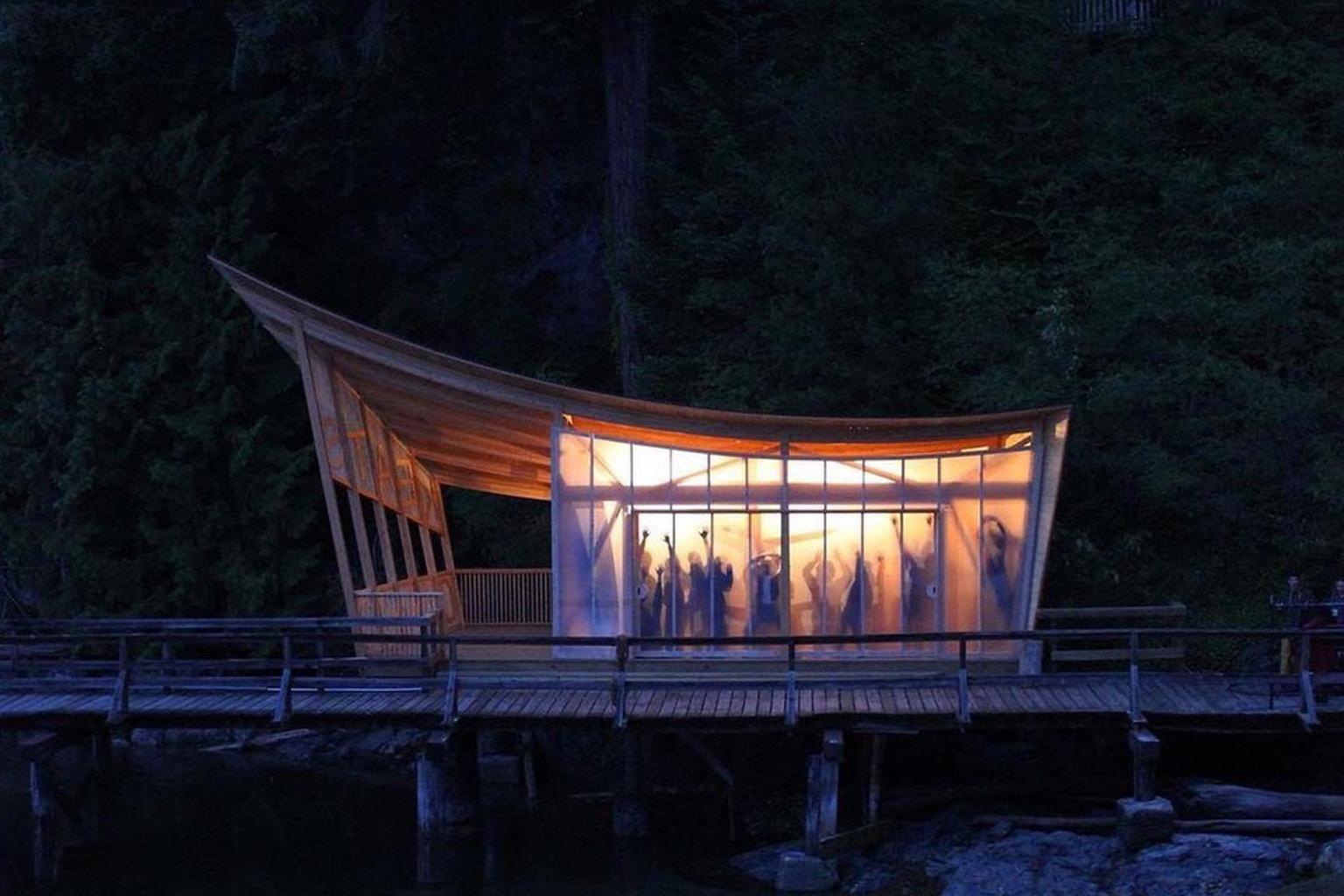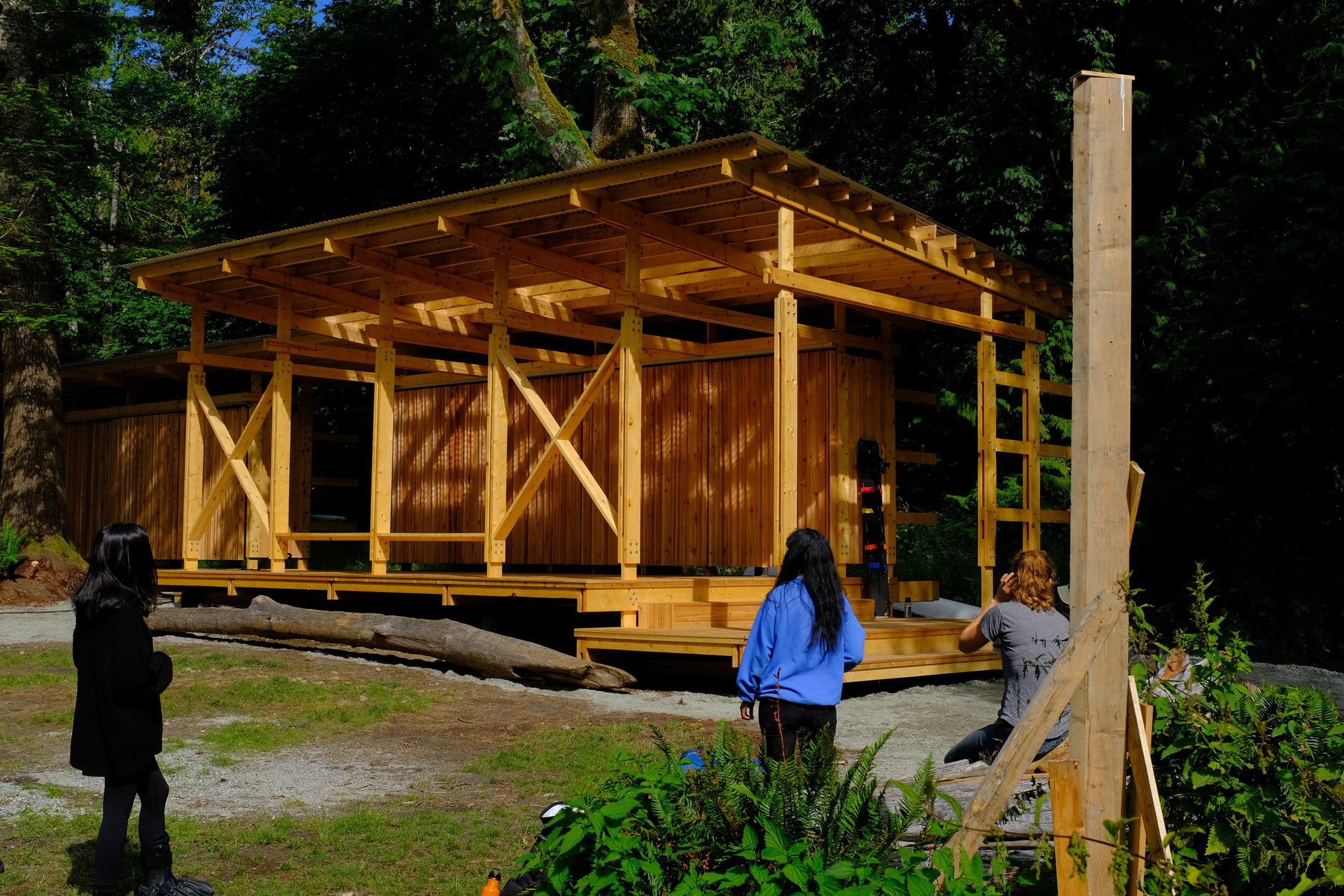The topics typically align with faculty’s current research.
ARCH 544H: Architecture of Contemporary Housing
Matthew Soules
This seminar will survey a range of key texts relating to the design of housing in the 21st Century alongside examining innovative proposed and realized housing projects from around the world. Themes will include collectivity, privacy, ways of living, identity, aesthetics, political ideology and form.
The course places a high importance on the material fact of buildings. Therefore, much of class time will be devoted to closely scrutinizing and discussing plans, sections, and photographs of important housing projects.
Students can expect assigned readings for each class and two assignments: one smaller assignment for mid-term and one larger final assignment. Assignments will involve analytical drawing and diagramming alongside writing theoretical/critical text. Class discussion will play a central role in the course.
Prerequisite: At least one course in architectural history and/or theory.
ARCH 544F: Detailing a Rural Tiny Home
Inge Roecker
Rural Next is an idea-to-action incubator connecting regional materials and people with research and knowledge-sharing. This year’s Rural Next’s mission is to develop a 40 square metre house that addresses regional social and environmental urgencies, such as housing for seniors and emergency housing after natural disasters.
Wood is available in abundance but how can we build/construct/prefab a small house, to address all needs such as livability, climate change, local constructibility and last but not least affordability. The seminar will have weekly lectures from international specialists in sustainable wood assemblies. A schematic design has been developed with the community and will be presented to us at the beginning of the term. The term project will be developing and detailing the tiny house for the Rural Next, exploring joineries and details for easy construction.
Rural Next will be constructed in summer 2025 following the seminar’s drawings.
Students will have the opportunity to develop and prototype simple but complex performing joinery details.
Open to Master of Architecture, Master of Landscape Architecture and Dual Degree students.
ARCH 544D: An Important Corner
Bill Pechet
IMPORTANT CORNER
More than just the collision of two planes, the corner condition represents and affects the spatial, social and environmental meeting of both interior and exterior experience. In its moment, it elucidates a set of relationships describing the aesthetic and structural language of a building, street and city. Read in more lofty terms, it can also speak of the political and metaphysical position that a particular construction has within a given society.
Oft-ignored, particularly within the setting of studio work, the corner will be the focus of this elective course, giving its existence time, to (pardon the oxymoron) unfold.
The class will begin with on-site field studies of notable corners that can be found within our city, using drawings and conversations to record how these corners exist in material, structural and conceptual terms. These sojourns will be complemented with a set of chosen readings.
Following this, students will complete a precedent study for presentation to the class in a seminar format. The precedents will range from the small/domestic, up to the larger/institutional and then further up to the urban design scale. Among a variety of modes of analysis, the class will deploy Hilary Barlow‘s taxonomy of corner types as a lens through which to view these works, using the categories of ‘closed, recessed, slipping, reentrant, interlocking, clipped, open, acute, deformed, masked and void’.
The final, and most significant focus of the class will require that each student examine a corner condition within a past or current project of their own. This will facilitate the development that part of their design through iterative drawing and modelling exercises in order to add depth and detail to their project(s).
The class is open to students in the MARCH, MLA, Dual Degree and BDES year 4 cohorts.

